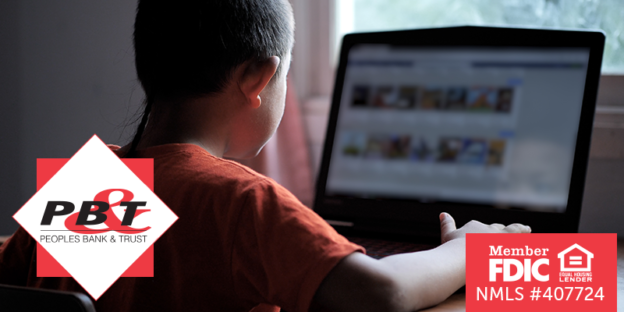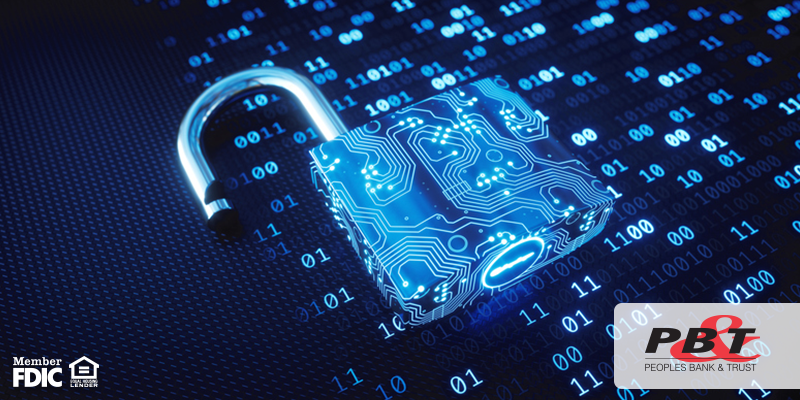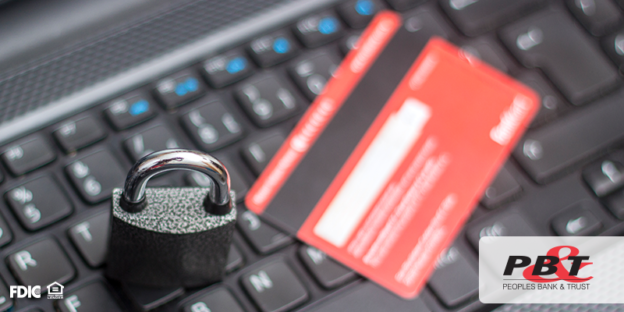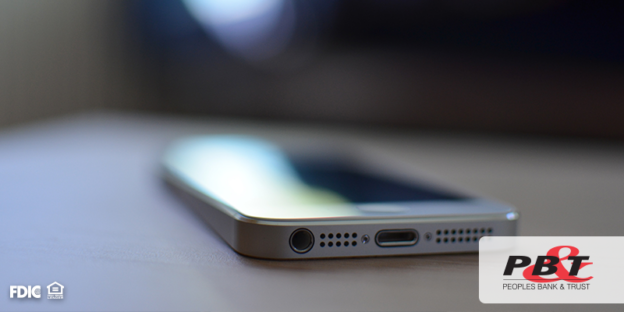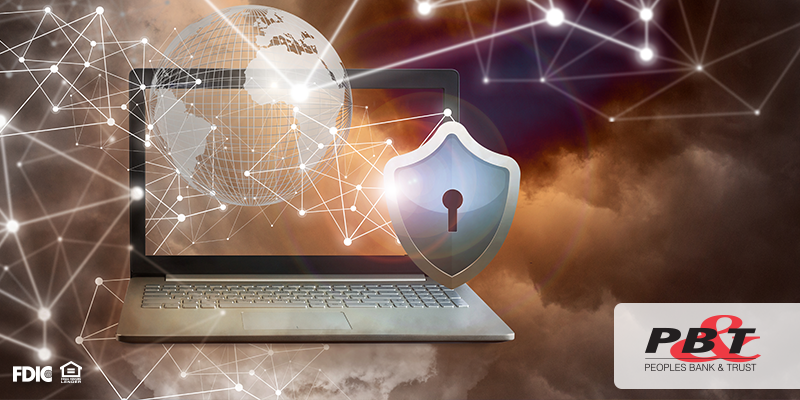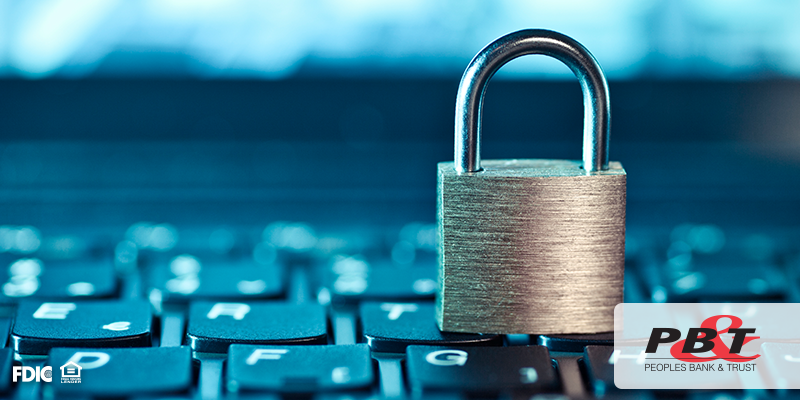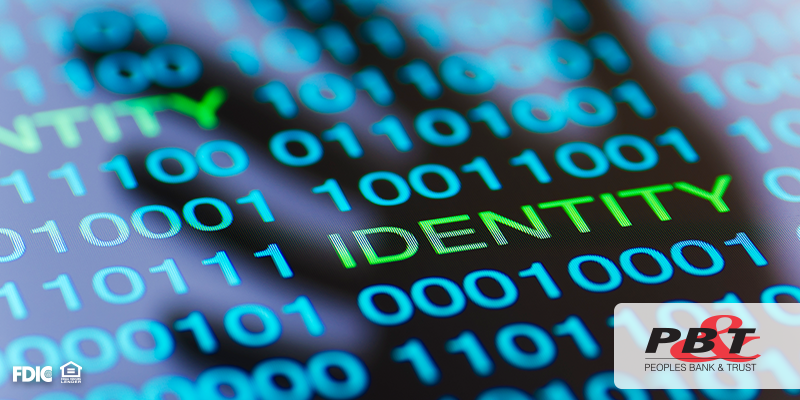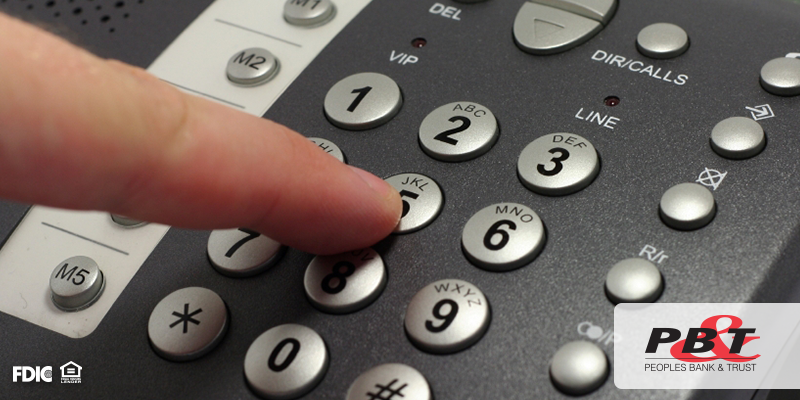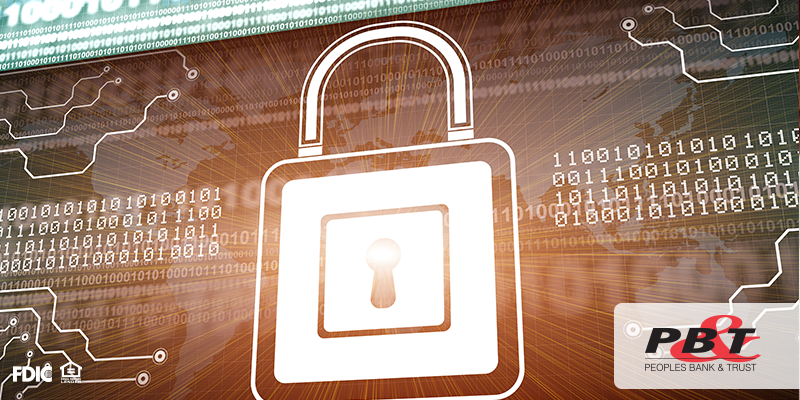Having our kiddos grow up in a world that becomes more and more digitalized can be a scary thing. The best thing you can do for your kids is to teach them about cybersecurity and implement safe online habits early on. With summer coming up, there may be more people online when your kids are on their devices. Here are some tips to outline with your kids to ensure safe cybersecurity practices.
Educate Yourself First
There is not a one size fits all approach to teaching your kids cybersecurity at a level they understand. Each kid is different and wants different things from their online experience. If you can educate yourself and implement good habits both when you are and are not with your kids, you are on the right track. Having gadgets is great, especially for you to connect and communicate.
Set Up a Routine
Having an enforced device routine is important to safe cybersecurity. A great way to monitor their device and usage is to have a charging station out in the open. It’s also great to set the times of the day they can have screen time. Having these times already enforced make it that much easier for your kids to follow and can work as a token for good behavior when the kids have earned some extra screen time.
Set Up Basic Rules
It is very important to set basic rules, such as downloading apps, searching the internet, where they can use their device, and more. It is crucial to have a clean device, so be sure your kids understand the importance of having their apps and device updated. Apps are a great learning tool for kids, but they also can be very dangerous. It is important to teach them the importance of asking before they download and if the download is requesting access to anything.
Basic rules can be easily monitored with parental controls to set rules within the device. It may be worth passcode protecting everything so only you can let them into a device and app you want them using. Rather than allowing them to use their device on their own, it can be of value to create a space where they can use it out in the open when you are able to monitor their usage.
Use Child-Friendly Resources and Examples
As you teach your kids more and more about online safety, it is important to use examples they can understand. When instances come up, rather than getting upset, use it as a time to learn and walk through the correct way to handle the situation. Learning safe online habits should be continuous. Explaining to your children about hacking, phishing, identity theft, cyberbullying, etc. is important for them to thoroughly understand technology as they grow up.
Good cybersecurity habits are crucial to keeping ourselves, our information, and our kids safe. Summer tends to be a time where kids are on their devices more and more, sometimes when you are not home or with another adult. Creating a routine and expectation for them will only make it easier to implement your rules and continually educate them.
Peoples Bank & Trust Co.
Member FDIC
Equal Housing Lender


